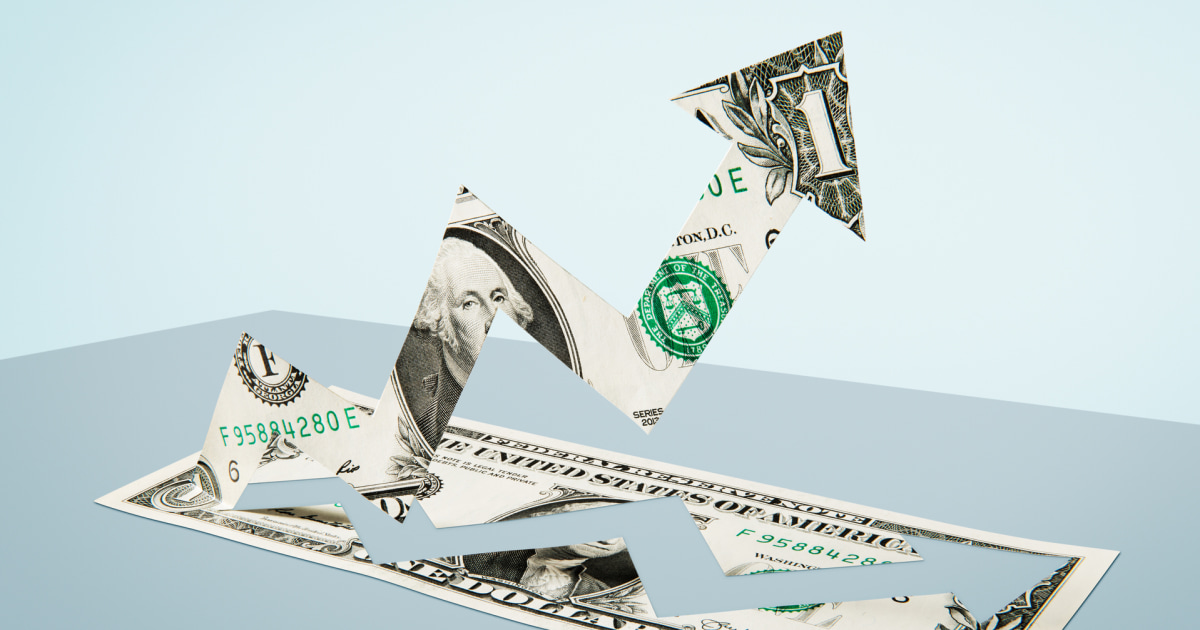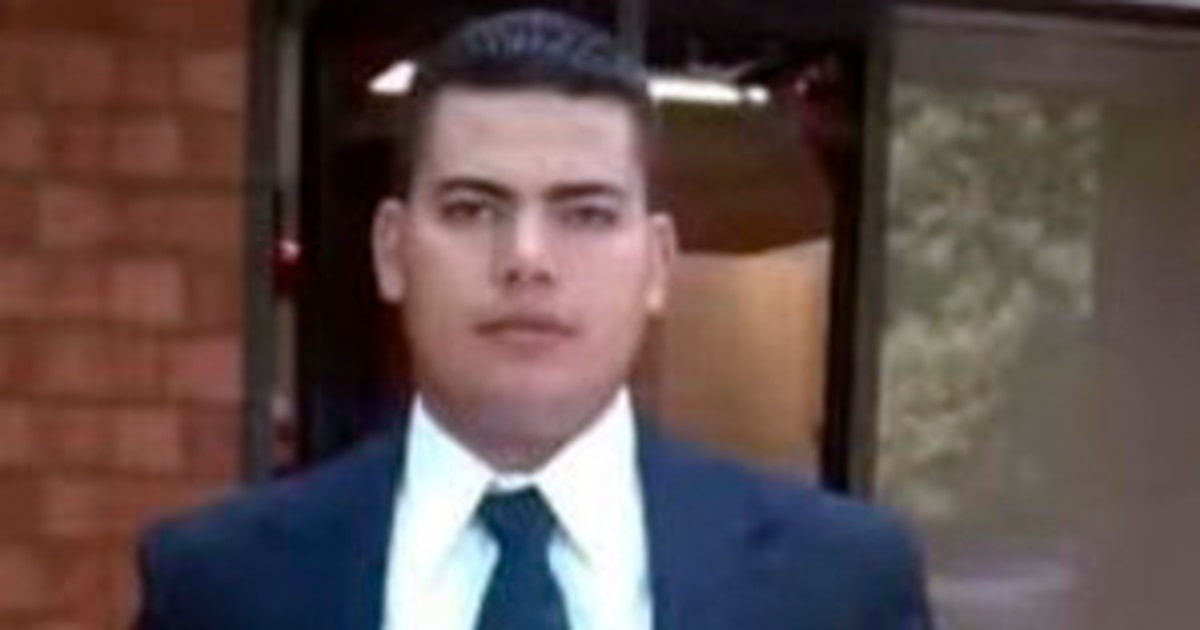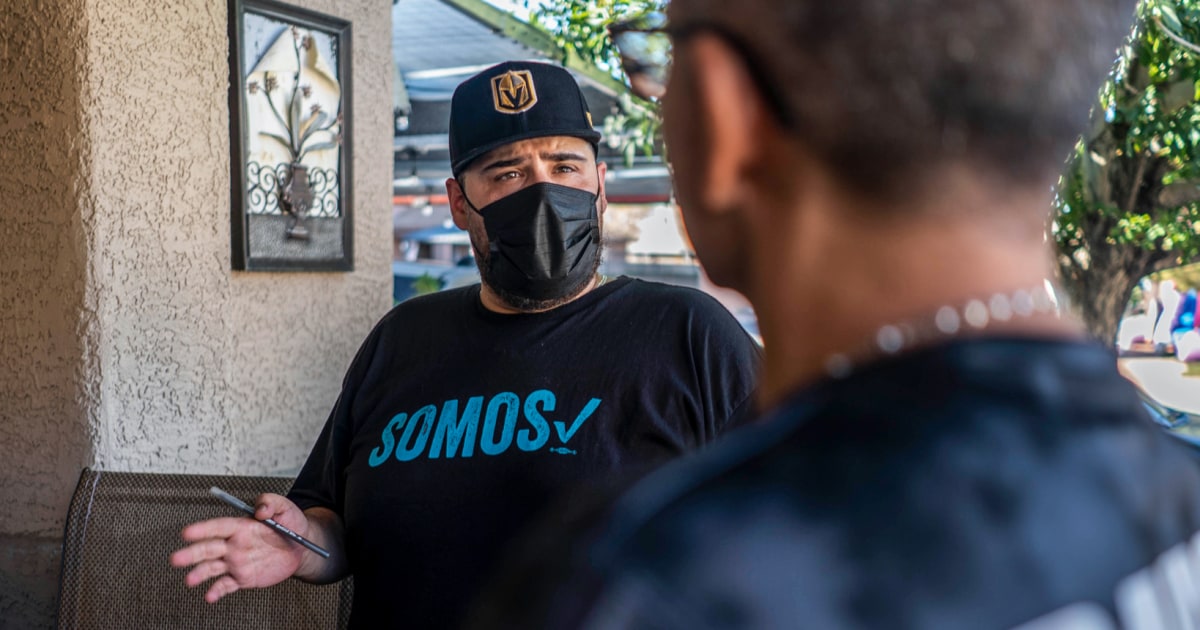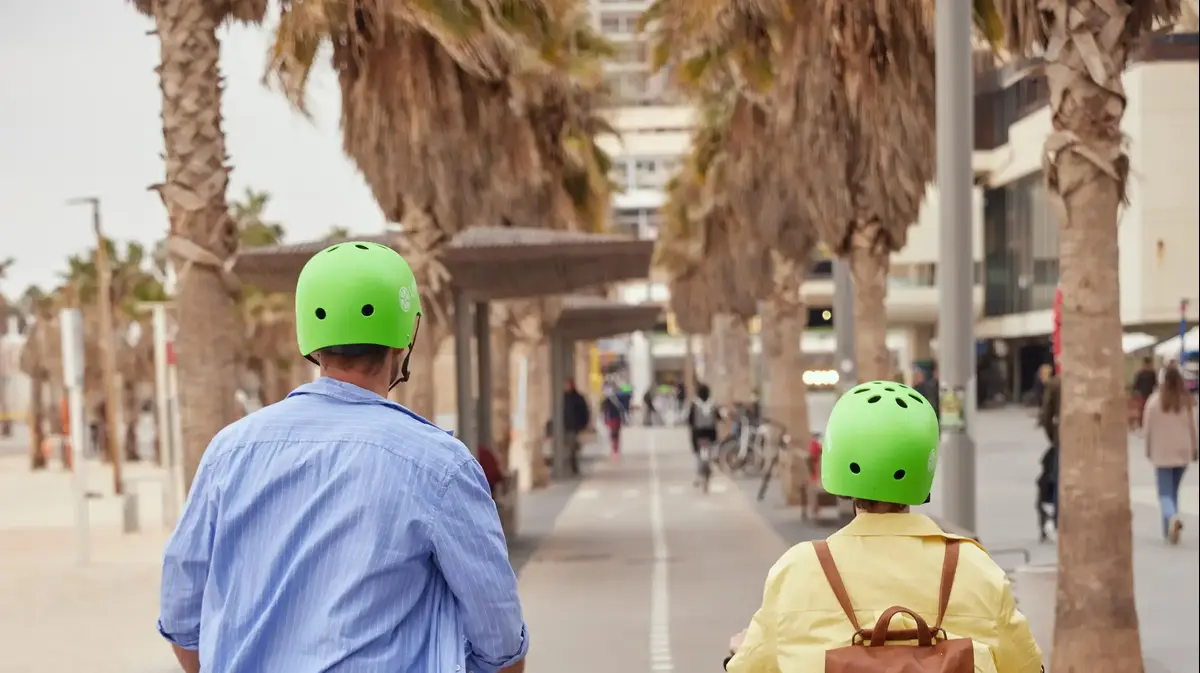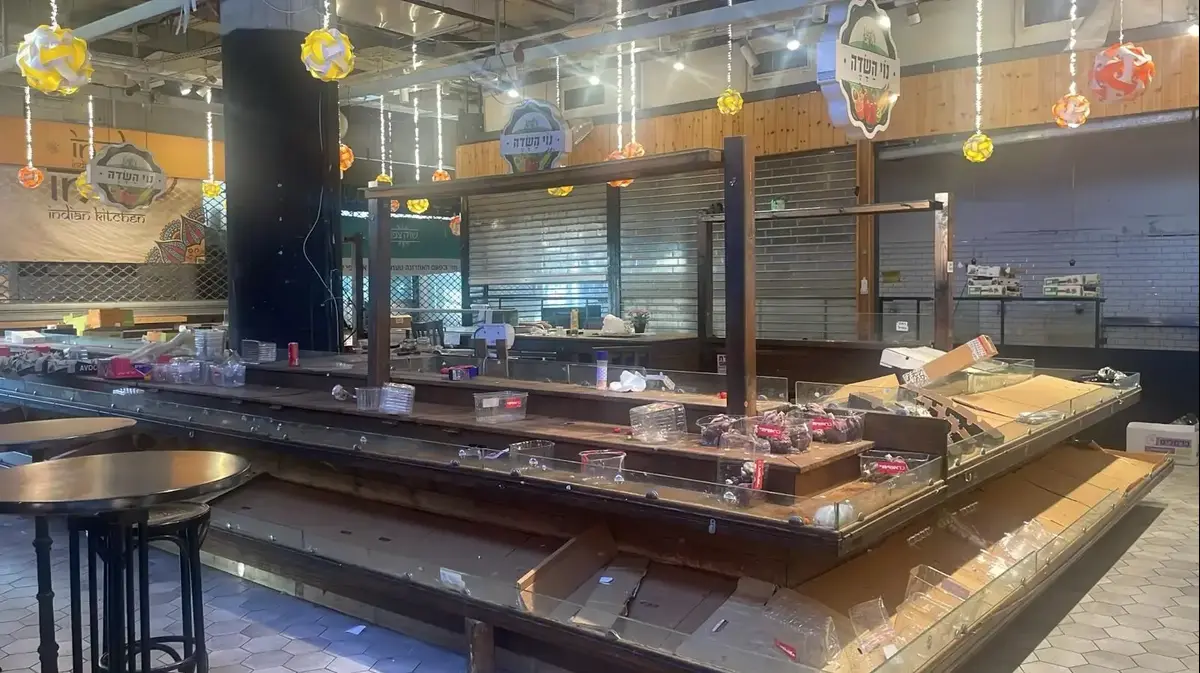By Brandon Gomez, CNBC, with contributions from Janet Alvarez, CNBC + Acorns contributor
When the coronavirus arrived, small business owners were forced to navigate new territory and make difficult decisions: completely relocate online operations, downsize, or quickly create new sources of income. Latino entrepreneurs are among the majority of small business owners directly affected by the economic consequences of COVID-19.
According to a survey conducted online in late March by the Stanford Latino Entrepreneurship Initiative, 86% of Latino small business owners reported a significant negative impact on their businesses from the pandemic. Nearly two-thirds said they will not be able to continue operating beyond six months if current conditions continue.
Many small business owners are still waiting for government help in the form of Payments Protection Program loans, after the funds of the initial authorization of $ 349 billion were depleted and a second small business loan program was implemented. this week, but immediately had technical problems. In total, the federal government has authorized more than $ 650 billion in small business loans.
Stanford research conducted as part of its annual State of the Latino Entrepreneurship report shows that in the past 10 years, Latinos have launched smaller businesses than any other demographic, and now contribute nearly $ 500 billion to the annual sales economy.
This is how three Latino entrepreneurs have adapted and found ways to keep their businesses running during an economic crisis.
Latin Cafe Owner Gets Some Help From Mark Cuban
Luciana Gómez said she didn't know what she was getting into when she opened Café Victoria in 2016 in front of the American Airlines Center in Dallas.
"I had a passion and I started there," said Gomez. "I traveled to Europe to find concepts and things that I wanted to explore, see and bring here."
Gomez said it breaks her heart to see that the cafeteria she carefully commissioned and designed now has its chairs pushed against the walls and empty. Despite the emotional challenges of closing the store, her priority remained clear: keeping her four employees working and the business running.
See also: These are the new aid for small companies in the face of the coronavirus crisis
"I didn't want to put more people in the unemployment group," said Gomez.
It reduced its store hours, doubled shift staff and increased payroll by 15% to accommodate the increase, and diversified into online ordering and delivery.
"What took me four years to think about doing and never implementing took me four days to achieve," he said.
She handed out flyers as she walked her dogs and slowly began to see orders from the Dallas community. Gomez even caught the eye of "Shark Tank" host and Dallas Mavericks owner Mark Cuban.
Cuban, whose team plays across the street from the Gómez cafeteria, ordered more than 120 coffees and cakes for first responders at a nearby test site and the City Hall.
Gomez said the one-time order equaled one full day of sales for her business.
Large requests for first responders quickly became the new norm as local residents sought ways to support front-line workers. While those sales have kept operations running, Gomez said the business is still far from normal.
"Even with inbound delivery orders, we have still reduced our regular sales by more than 70%," said Gomez. "One morning we went up 1200% in sales, with just $ 44 on record, so it's safe to say we are not back on top yet."
According to the Stanford survey, Gomez is one of 23% of Latino business owners who applied for a federal loan. He submitted his application the first day it was available, but said he has not received any money yet.
"I've been coming and going with the bank and I'm amazed at how long it's taking," said Gomez.
Even with a decline in sales and a pending loan application, Gómez emphasized the strength of the Latino community and said he considers it a blessing to keep its doors open.
"As Hispanics, our currency is a little more resilient and we are more culturally open to facing the crisis," he said. "We keep the engine running until we can drive again."
Get Over A Brick And Mortar Gym Close
Nathalie Huerta launched The Queer Gym over a decade ago with a $ 50 gift card from Target. Huerta took the opportunity to serve her LGBTQ fitness community when she realized a need that was not being met.
"When I started to introduce myself as more masculine, I felt more comfortable in my sexuality, but uncomfortable in the gym," Huerta said. "I would go to the gym to train my clients and then go home to do my own workouts."
She now offers personalized training for gender non-conforming members and transgender members preparing for gender confirmation surgery.
Huerta said navigating the emotional impact of the pandemic has felt familiar ever since. He initially opened his business during the 2008 financial crisis.
"You learn that you need to choose what you see and what you pay attention to and how much you consume," Huerta said. "Not letting this influence my perspective on the situation gives me the confidence to think clearly and appear on my team."
Since closing his physical Oakland gym location, Huerta has spent his time managing online classes, monitoring gym members and sending care packages. Before the pandemic, about half of the gym business was done online. Huerta now organizes multiple Zoom classes each day with a team of coaches leading the trainings.
Huerta said that since he moved entirely online, only 40% of businesses come from Oakland and the remaining 60% come from the United States and abroad.
"We are running targeted ads in all gay neighborhoods in all major cities," said Huerta. "Online training used to be an afterthought, and now it's a forecast."
The gym's membership has grown since it went online online as former members return and new leads have nearly tripled since the ads were posted online. "If we grow the online customer base fast enough, there is a chance that we will keep our physical location closed," said Huerta.
Fast forward to take the pandemic seriously
Andrés Reyes followed COVID-19 updates since January and began preparing his restaurant employees for the impacts much earlier than most Americans.
"The first thing we did was ask for gloves, disinfectant wipes, sprays and even hazardous materials suits," Reyes said.
Reyes, the fourth-generation manager and owner of Birrieria Ocotlán, a Mexican restaurant in Chicago, moved quickly when the city issued an order to stay home.
The next day, his employees donned suits, gloves, and face masks, grabbed a microphone, and began taking orders on the sidewalk in front of the restaurant.
They had cars and people lined up outside to order food. Reyes, a popular destination for cyclists and joggers in the city's surrounding neighborhoods, said the restaurant is known for quickly delivering many orders
The restaurant also partnered with Uber Eats to facilitate deliveries. Since moving to delivery and take-away, restaurant sales have returned to pre-pandemic levels. "It has been gratifying to know that our hard work and preparation have been worthwhile," said Reyes.
While the business has been able to maintain sales, Reyes said he has yet to temporarily lay off three waitresses while the restaurant remains closed. "My main objective was to keep all employees," he said. "It was heartbreaking to let them go."
The restaurant has faced different challenges during its 50 years of operation, but each comes with a lesson.
"It is our duty to educate ourselves about everything we have available at this time," said Reyes. "All this will happen and there is nothing wrong with changing or leaving it."
This Wednesday, May 6, we invite you to a special presentation with Luciana Gomez and Janet Alvarez in “Un Nuevo Día” talking about Latino entrepreneurs in the coronavirus era.
See also:
Do not go under quarantine, follow these steps to save in the midst of a crisis
: What must you do to receive the government check for COVID-19 and who applies?
We'll tell you why you haven't received your financial aid check
Related video: Tips to help your small business survive without federal loans



